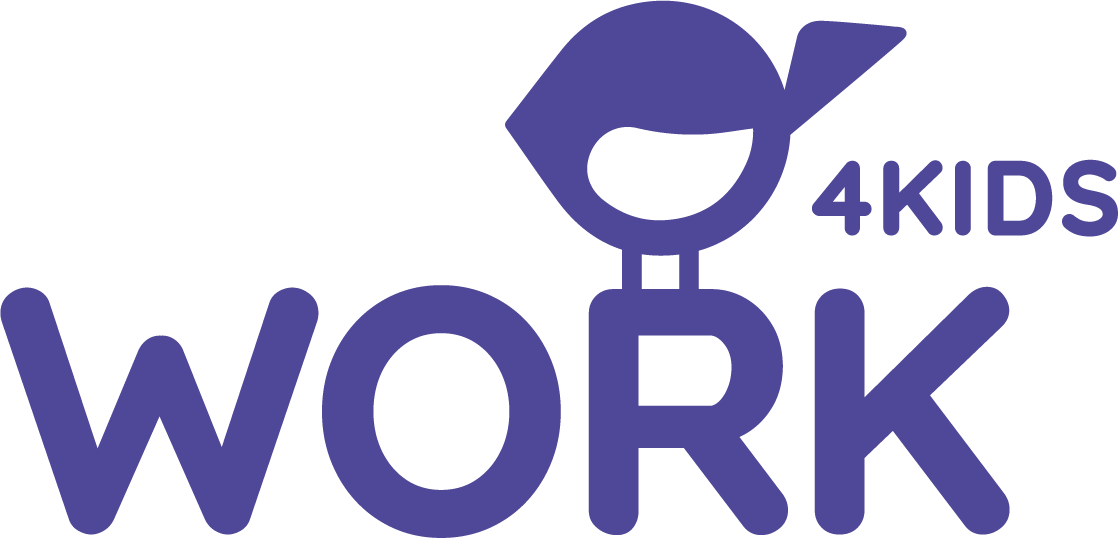Introduction/specifics
Children today grow up in a rapidly changing environment. Spaces in which children can act independently and actively, in which they can play, are becoming increasingly rare. On the one hand, richly equipped and provided with material things and technical possibilities, on the other hand, children increasingly lack the opportunity to try out and show their own abilities, to feel themselves and to process their experiences, impressions and perceptions appropriately. This gives us the goal of creating and preserving space for each child for their individual development. A space in a double sense: a free space in that we have the opportunity to be outside in nature and in that we take the feelings and thoughts of children seriously. Clear rules and boundaries, as well as a constant and pronounced attention of the educators in the work with the children give the free space a secure framework. An indispensable framework that gives the children the security they need to be able to act on their own initiative and that enables them to work together in a group. The aim of our work with children is to support and promote the development of every child in the area of technical competence, social competence and self-competence. Every child is picked up from where they are in their individual development. Self-confidence in one's own actions and feelings is strengthened, one's own limits are recognized and strengths are promoted. The methodology is based on the age of the children being looked after, and the focus is on the playful and holistic teaching of content, values and skills.



